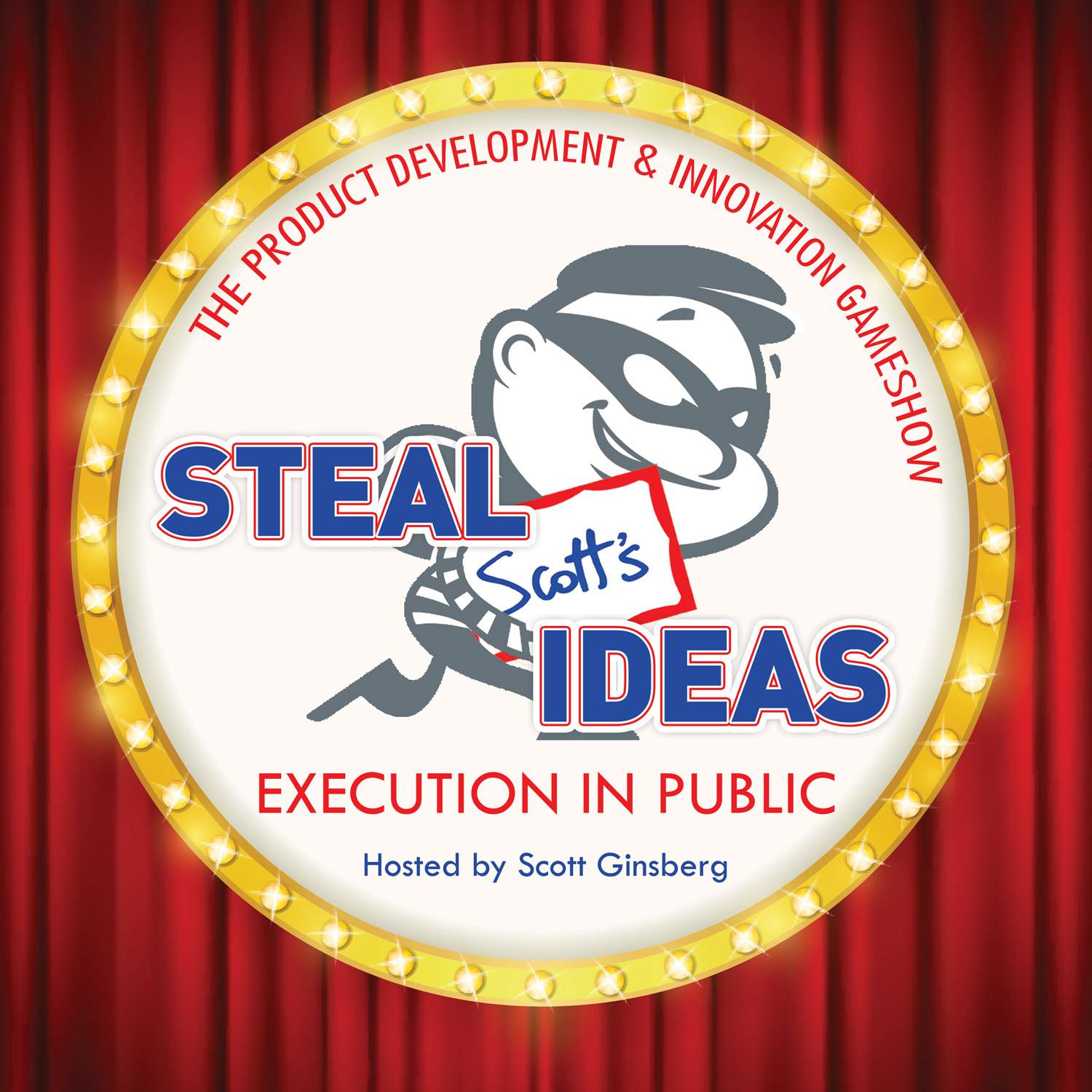

A startup is, among many things, a marketplace of ideas.
It’s this magical bazaar where people regularly gather to sell and purchase intellectual effects, conceptual assets and creative goods.
And the challenge giving your team members tools for testing ideas in the workshop of their minds.
Okay folks, are you ready for some startup perspective?
Then welcome to Metric Collective!
Let’s kick off today’s lesson, it’s called: Idea Marketplaces
John Milton, the great philosopher, first coined this term back in the eighteen hundreds. His philosophy of a marketplace claimed that truth would emerge from the competition of ideas in free, transparent public discourse.
My favorite thing he wrote was:
Ideas will be culled according to both their superiority or inferiority, and widespread acceptance among the population.
That’s the kind of company everyone wants to work for.
And this is the beauty of startup life.
Every employee has not only an opportunity, but a responsibility to make manifest what’s inside their heads and hearts.
Might not be right, might not be brilliant, but one thing is for sure, it’s yours.
This reminds me of the speech my boss gave on day one of my old job. He told us:
Nobody goes to a meeting without an opinion. Opinions are the only thing our clients pay for, so have lots of them.
Talk about a permission slip for creativity.
Is your business a marketplace of ideas? An open door to a whole new world of vibrant possibilities?
Certainly hope so. Because I’ve worked for companies on both extremes of this spectrum.
One job I worked was an innovation studio where creativity ruled the day. Our idea marketplace was hopping and popping the minute we talked in the door. And that made it an inspiring place to world.
Another job was at a company where imagination was squashed like cockroach. If management wanted your ideas, they gave them to you. You can guess which job experience was more fulfilling.
The good news is, it’s still possible for any company to create an environment where new ideas are embraced, not feared. Marketplaces have existed as long as humans have engaged in trade, so it’s in our blood to do this stuff. Here’s one practice that has been helpful for me:
Love every idea for five minutes.
Even if it sounds crazy, even if the idea makes your stomach churn like a lava lamp.
Agree on your team that you’ll allow intellectual effects to be exposed with a foundation of affirmation.
At the very least, you’ll remind people that their intellectual goods have a protective sanctuary creativity is recognized and encouraged.
And at the very best, you never know where that idea might lead. After all, an idea is not any good unless it’s on the verge of being bad.
Startup growth is limited only by the permission of the leaders to trade in the marketplace of ideas, and the imagination of the people who understand their potential application.
Remember the immortal words of the aforementioned philosopher:
Let all with something to say be free to express themselves. The true and sound will survive. The false and unsound will be vanquished.
Hey, you never know. Someone might say something that changes everything.
LET ME ASK YA THIS…
Is your company creating the occasion for intellectual goods to be publicly exposed?
No, for real, I need to know this.
Send me a text message right now. 314/374–3397
And tell me about your company shares ideas.
Well folks, that’s gonna wrap up today’s lesson from The Startup Masterclass.
Hope you got some much needed perspective.
Thanks for joining us at Metric Collective.
* * * *
Scott Ginsberg
That Guy with the Nametag
Author. Speaker. Strategist. Inventor. Filmmaker. Publisher. Songwriter.
 It’s the world’s first, best and only product development and innovation gameshow!
It’s the world’s first, best and only product development and innovation gameshow!
Tune in and subscribe for a little execution in public.
Join our community of innovators, artists and entrepreneurs
